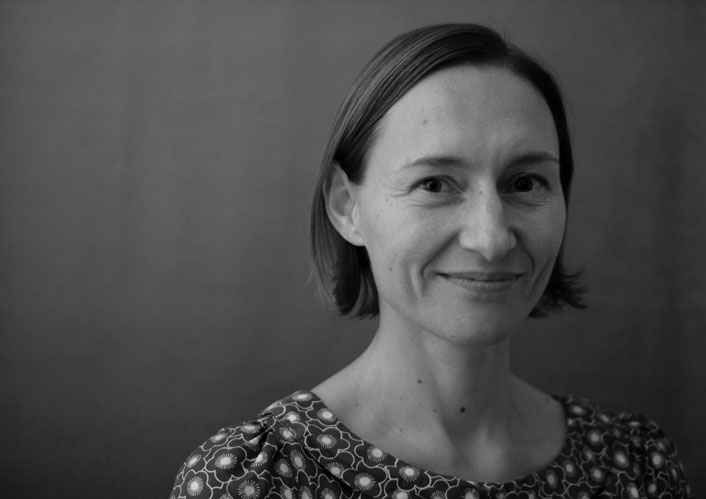Hamid Sulaiman’s urgent, cogent and compelling reflection on the Syrian civil war is full of potent imagery of life in the midst of horrific circumstances, but it is the cumulative effect of a few small lines of text, intermittently appearing along the top of the pages of this newly-translated version of Freedom Hospital, that hit home the hardest.
“A few days later: another 150 killed”; “Ten hours later, another 69 killed”’; “Twelve days later, another 1,698 killed”. Brutal yet almost prosaic, these phrases strike at the heart of what The National’s Naser Al Wasmi described this week as “one of the bloodiest and [most] convoluted wars that have ever taken place.”
This is a graphic novel in the most devastating sense of the word. For Sulaiman, who fled Syria in 2011, initially for Egypt but who now lives in Berlin, his novel was written as a way of making sense of a situation he realised that no one fully understood in Syria, let alone outside its borders. He remembers speaking to a taxi driver in Egypt who thought the Free Syrian Army was on the same side as Syrian president Bashar al-Assad – it didn’t help that its founder was the similarly-named army deserter Colonel Riad al-Asaad. The confusion is understandable. It’s been estimated there are up to 1,000 armed opposition groups in Syria, and every area has its own unique set of (usually violent) circumstances.
Unlike Persepolis, the award-winning graphic autobiography by Marjane Satrapi, to which Sulaiman’s book will undoubtedly be compared – not least because he uses the same high-contrast black and white inking technique – Freedom Hospital isn’t a straight memoir or Joe Sacco-style “comic journalism”. Instead, he draws on real events to tell the fictional story of Yasmin, who sets up an underground, clandestine hospital to help those who oppose the regime and are afriad to go to public hospitals for fear of informers and interrogation centres.
Yasmin – who grows up in the UAE – finds herself in the middle of the push and pull of conflicting factions and ideologies. “You know as well as I do,” she tells Abu Taysir (who ends up taking charge of the local branch of the Free Syrian Army), “that it would suit Assad if Islamists took control of the Revolution”.
The slight distance from actual facts is clever for two reasons – Sulaiman can offer a broader, more nuanced view of the situation in Syria without getting bogged down in the specifics and polemics of a particular town. And secondly, the novel acknowledges – as its author does in the postscript – the extreme difficulty in capturing exactly what is happening in Syria, even if you’re there. As Sulaiman says: “I decided to write Freedom Hospital to reflect the situation as I see it, not to explain it. I haven’t tried to be neutral… but I needed to give voice to everything that had stuck in my throat since the beginning of the revolution.”
It’s quite obvious what those triggers are. Whenever a military vehicle or weapon crops up in (or over) the town in the book, its provenance is noted (“RPG Made in Russia, Abu Taysir militia”; “T62 Tank made in Russia, Syrian Army”; “M16 made in the US, Islamic State”). Like the death tolls on the top of the pages, it’s a tiny idea that snowballs into a huge, uncomfortable argument no one likes to face: this is a civil war stamped with the world’s fingerprints.
There’s a clear personal and moral issue Sulaiman grapples with, too – whether it was right to flee a cause that he believed in so strongly. In the story, Yasmin’s hospital is bombed but she refuses to leave. “I knew the risks,” she says – even when the dangers also come from the extremist factions.
Sulaiman depicts these attacks by inking images taken from YouTube – a really effective way of encapsulating the distance so many displaced Syrians now feel. All of which sounds really hard work, and with amputations, beheadings and assassinations, Freedom Hospital is genuinely shocking at times, but Francesca Barrie’s impressive translation also finds the black humour that tends to have a natural home in graphic novels. There are a few genuinely amusing jokes as the sheer hopelessness of the situation comes to boiling point, but they never feel out of place. We even have Batman-style “Blaaaams” as doors slam or vehicles explode.
So often, a book like this is labelled as “necessary” or “timely” and ends up being just a little worthy. Yes, Freedom Hospital is a must read, but its tone, mood and form somehow make it as entertaining as it is informative and thought-provoking. A graphic novel might just be “the” piece of creative writing to come out of the horrifying mess that is Syria in the 2010s.


